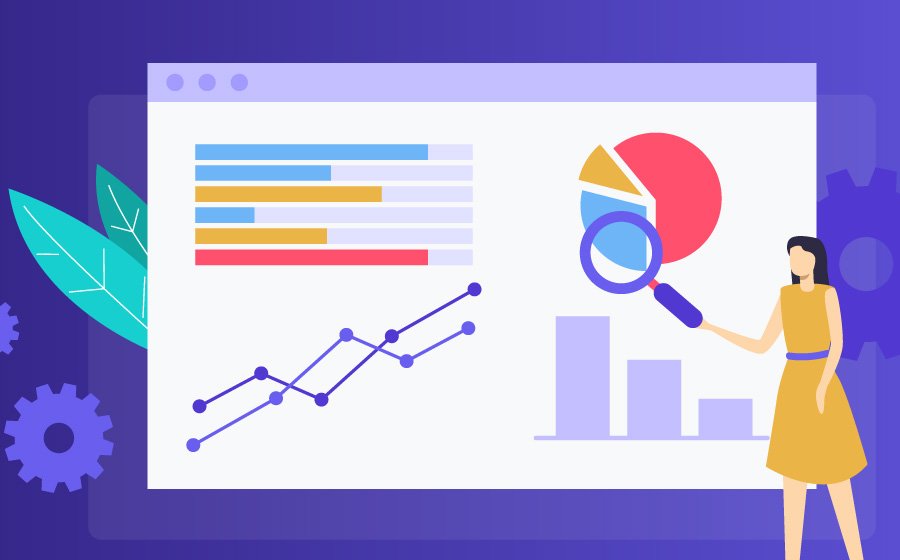Workforce intelligence software is a powerful tool to help investors plan future investments. This software provides valuable data allowing asset managers to evaluate companies they wish to add to a client’s portfolio. Better intelligence helps quantify risks and makes predicting market trends easier.
Table of Contents
Metrics from Workforce Intelligence Software
Workforce intelligence software provides asset managers with valuable data and analytic tools. This is a significant advantage for investors evaluating a new opportunity.
An asset manager gains insight into a company’s internal dynamics by examining its workforce composition, hiring trends, and other metrics. Understanding how a company’s metrics compare to its competitor’s metrics can help investors understand its position in the market.
Here are six workforce metrics that asset managers may find valuable:
1. Employee Skills and Job Categories
Understanding what a company does is only part of predicting how it will perform in its industry. Just as key is knowing how the company plans to meet its goals.
Detailed information about a company’s team composition is the core of this understanding. The ratio of engineers, financiers, and other professionals in a company’s staff gives asset managers a peek at their strategy.
Workforce intelligence software provides this information. Comparing a company’s workforce to its competitors helps predict how successful it will be and helps asset managers spot weaknesses that may make the company a poor investment. The skills available to the company provide a similar predictor of success.
Information about the skills a company invests in can help asset managers identify companies that have what they need to succeed.
2. Geographic Distribution of a Company’s Workforce
Not every factor that affects the performance of an investment is directly related to the business world. Disease outbreaks, natural disasters, and international conflict cause supply-chain disruptions and other problems.
Global markets are interconnected, but the impact of a major disaster is not uniform. Predicting how global problems affect a business is made simpler by knowing how a company is distributed locally. A company in Washington will face less disruption from a severe hurricane than one based in Louisiana.
The effects of a company’s global distribution are not limited to calamities. Changes in national laws and tariffs can also create opportunities for investors. In either case, intelligence on a company’s global position can help asset managers time buying or selling company stocks for the most profit.
3. Hiring and Attrition Patterns
A company is only as good as its staff. A company that has trouble hiring or retaining skilled workers will face problems in the future.
Workforce intelligence software can help investors gather data on a company’s hiring patterns. A company preparing for growth through a hiring spree might be a good investment. At the same time, a sudden dip in hiring or a spike in turnover may be a sign of hard times to come.
4. Employee Tenure
Employee tenure is a similarly revealing metric. Asset managers can learn much from how long talented employees remain with a company. Even if hiring and turnover rates remain stable, a low average tenure is a bad sign.
A company that can’t keep skilled workers for as long as its competitors are unlikely to perform as well in the market. Above-average employee tenure may indicate a stable investment.
5. Employee Salary Data
Employee salary data is a metric that provides context to other metrics. Comparing wages paid by a company to those offered by competitors can be a good predictor of future changes in attrition and tenure. Relatively high salaries may help a company poach talent from its competitors and improve its long-term performance.
6. Workforce Demographics
Gender and ethnicity are politically charged issues that impact a company’s market value. Accurate information about the demographic makeup of a company’s workforce can help predict how political tensions may affect a company. Asset managers may also have clients who are as interested in the quality of investments as they are in raw performance. A company’s demographic information can affect its attractiveness to some investors.
Use Workforce Intelligence to Make Better Investments
Asset managers with good workforce intelligence software have several valuable tools and metrics. Better intelligence makes it much easier to predict market trends and build the value of a client’s portfolio. Look for a workforce intelligence company to gain valuable insights today.










